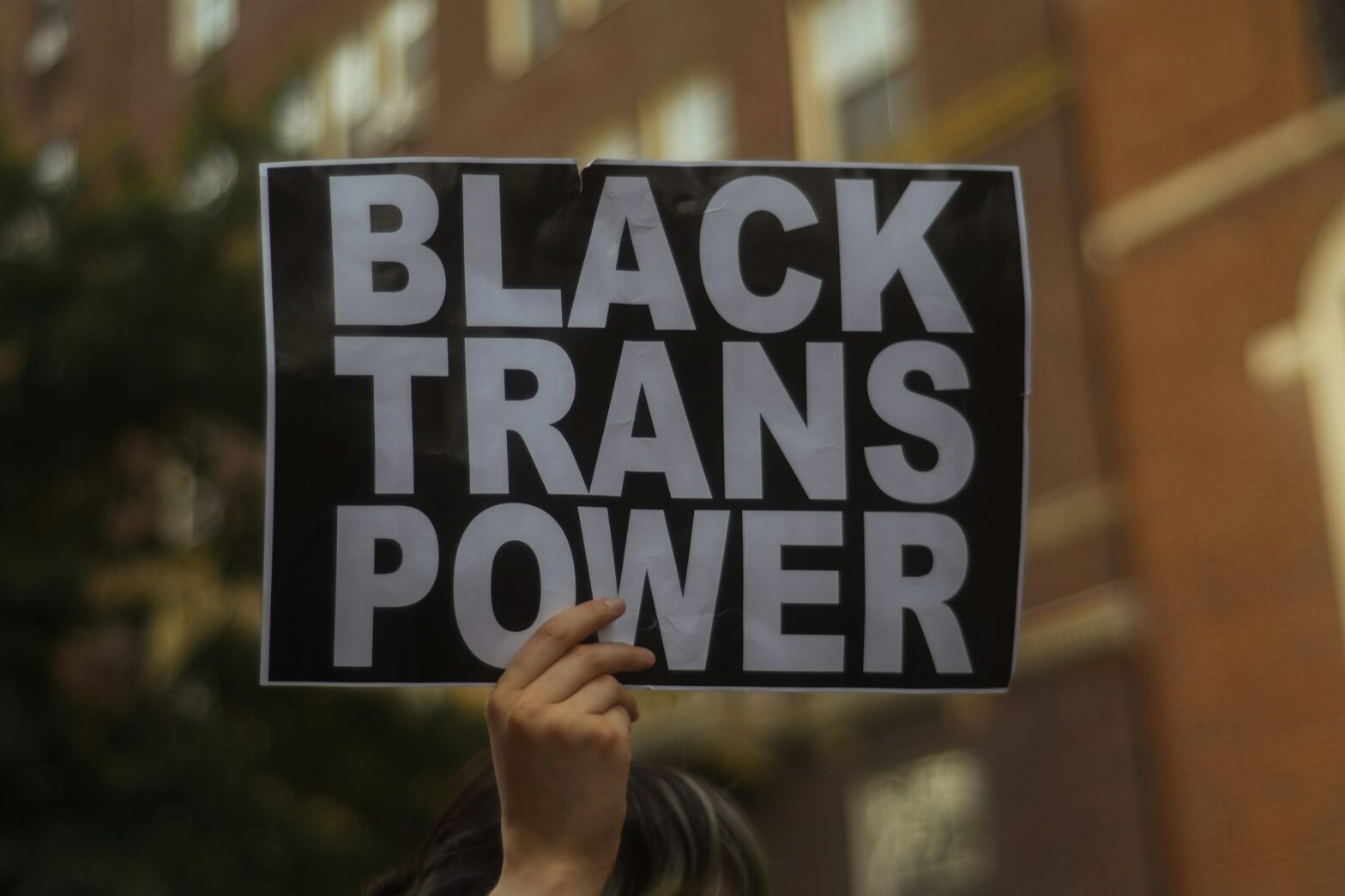Afro-Italians are making their mark in the music scene, all while shedding light on racism and identity in Italy.
These artists are using their music to express and dive into the complex realities for so many children of immigrants, many of whom were born and raised in Italy but don’t have the right to apply for Italian citizenship.
Ghali Amdouni is one of the most well-known Italian singers of African descent. Born in Milan to Tunisian parents, his song Cara Italia exposes the country’s birthright citizenship as explained in New Frame.
In Italy, those born there are not automatically citizens unless a parent is an Italian citizen. Italy’s citizenship law only allows foreigners born there to apply for citizenship after they have turned 18.
Over one million second-generation immigrants were born in Italy or traveled to the country at a very young age but are not citizens, according to a 2018 study conducted by the IDOS Study and Research Center.
It’s an issue that many have found about and brought to the forefront before, but following the death of George Floyd and the Black Lives Matter Movement, many second-generation children have renewed their fight for obtaining automatic citizenship.
“Jus soli!”, the Latin term which literally means “right of soil,” or birthright citizenship, has become the new rallying cry among the children of Italy’s 5.3 million legal immigrants, as reported in France 24.
“In this country, citizenship is treated not as a right, but a concession,” Fatima Maiga, who was born in Italy but is of Ivorian origin, told the French outlet.
Using Music To Spread Awareness
In the song Afroitaliano – which translates to Afro-Italian, Nigerian-born rapper, Tolulope Olabode Kuti, who performs under the stage name Kuti, talks about how he is “too Italian to be only African, and too African to be only Italian.”
His lyrics express the feelings for so many Afro-Italians and their fight for both recognition and belonging.
Meanwhile, artist F.U.L.A., whose real name is Oumar Sall, uses his music to bring his two worlds together. F.U.L.A. pays homage to his native ethnic group, Fulani in Senegal. F.U.L.A. stands for Free United Lands of Africa.
“I really want to bring a bit of Italy to Africa and a bit of Africa to Italy,” he says.
Kuti and F.U.L.A. along with Slim Gong, Yank, and Roy Raheem, are a part of a group known as Equipe 54. Their goal is to make sure Afro-Italian artists are heard.
And it’s not just men who are fighting to be seen, but women are also working to make sure suppressed voices are also heard.
“I … embarked on my musical journey to offer Afro-Italians a point of reference that I did not have,” says Epoque, a rapper of Congolese descent whose real name is Janine Tshela Nzua. “Someone to be inspired by, who can express what we feel.”
According to New Frame, Epoque has used her music to discuss the struggles of her identity.
“At home, the whole family was African, while at school my friends were all Italian,” says the rapper who is known for her unique sound of Afro-trap with a touch of Italian style. “It was all like: ‘Who am I? What must I be more [of]?’ As you grow up, you understand you are both.”





